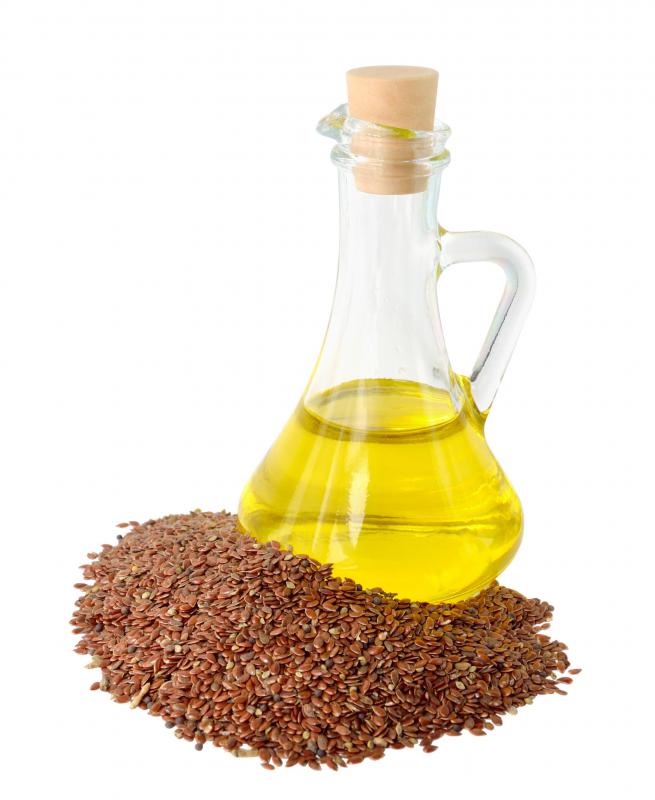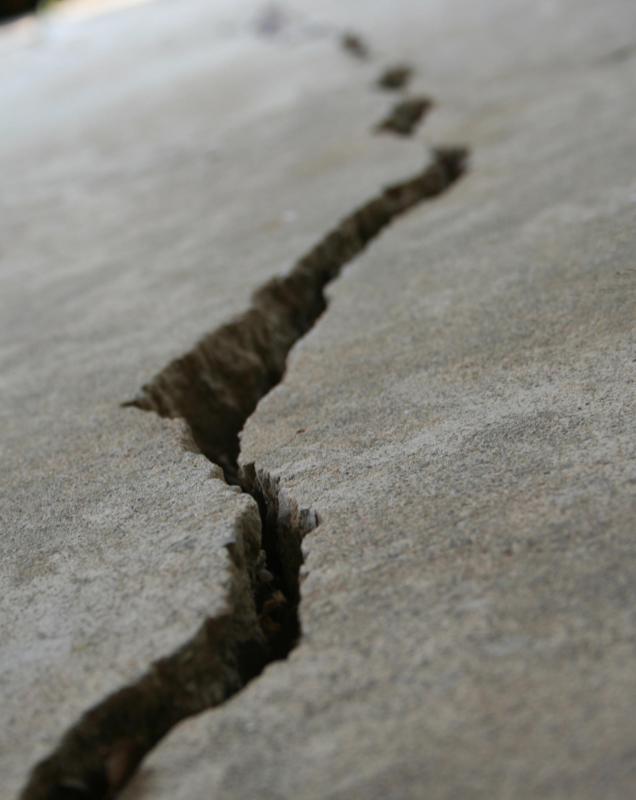At HomeQuestionsAnswered, we're committed to delivering accurate, trustworthy information. Our expert-authored content is rigorously fact-checked and sourced from credible authorities. Discover how we uphold the highest standards in providing you with reliable knowledge.
What are the Different Kinds of Driveway Coating?
A driveway coating can help protect the surface from the adverse effects of gasoline, oil, and ultraviolet rays. Different kinds of driveway coating products are available for both asphalt and concrete driveways. Asphalt driveways may be coated with coal tar, asphalt, acrylic, water-based, or oil-based products. Concrete driveways can be coated with either epoxy or linseed oil-based products. A special crack-filling driveway coating is also available for both asphalt and concrete surfaces.
Coal tar driveway coatings are typically composed of coal tar, polymers, and clay or sand. This type of coating is usually more durable because of its resistance to oil and gasoline. A coal tar driveway coating can be applied to surfaces that are continuously exposed to direct sunlight without becoming faded or discolored over time. This coating is relatively inexpensive and also easy to apply.

An asphalt driveway coating is composed mainly of asphalt and sand. Asphalt coatings are more prone to be damaged by gasoline and oil than other types of products, because petroleum acts as a natural solvent for asphalt. An asphalt coating that is continuously exposed to direct sunlight will usually have to be replaced within three to four years. Asphalt driveway coatings are typically more expensive than coal tar coatings and are also more difficult to apply.

Acrylic coatings are completely synthetic products composed of a mixture of polymers and acrylic. An acrylic driveway coating is usually quite expensive, but is much more resistant to sunlight, oil, and gasoline than other types of coatings. Acrylic coatings are typically very easy to apply and last for many years. This kind of coating can also be ordered in many different colors.

Both water-based and oil-based driveway coatings are inexpensive and easy to apply. These coatings are similar in composition to regular paint and are available in a variety of colors. The petroleum component of oil-based coatings makes them slightly more durable than water-based coatings. Each product typically offers the same resistance to sunlight as ordinary paint does and will probably need recoating after a few years.

Concrete driveways can be coated with either an epoxy material or ordinary linseed oil. Epoxy driveway coatings typically protect the concrete surface from gasoline, oil, and sunlight and are also very durable. Applying an epoxy coating to a concrete driveway may also prevent it from cracking during extreme temperature changes. Linseed oil can also be used for concrete driveways and offers an inexpensive method of protecting the surface from gasoline, oil, and ultraviolet rays.

Special crack-filling driveway coatings can be used for both concrete and asphalt surfaces. These specialty materials are designed for small areas to prevent existing cracks from becoming worse. Crack-filling coatings are available for hot or cold applications. Cold applications can be made using a caulking tool, while hot applications require the use of a propane torch.
AS FEATURED ON:
AS FEATURED ON:
















Discussion Comments
@Logicfest -- that is a good question and I have no answer. However, I have run across that, too. It seems the ones mixed with small pebbles hold up for years while the ones mixed with larger stones do not. The large stones tend to separate and the whole structure unravels.
They aren't too comfortable on bare feet, either.
One of the best driveway surfaces I have seen was concrete mixed with pebbles. That coating provided outstanding traction when snow fell, resisted cracks very well and lasted for years (a couple of decades before it cracked). I am not sure why it lasted so long without cracking, but that mixture was unusually durable and long lasting.
Post your comments